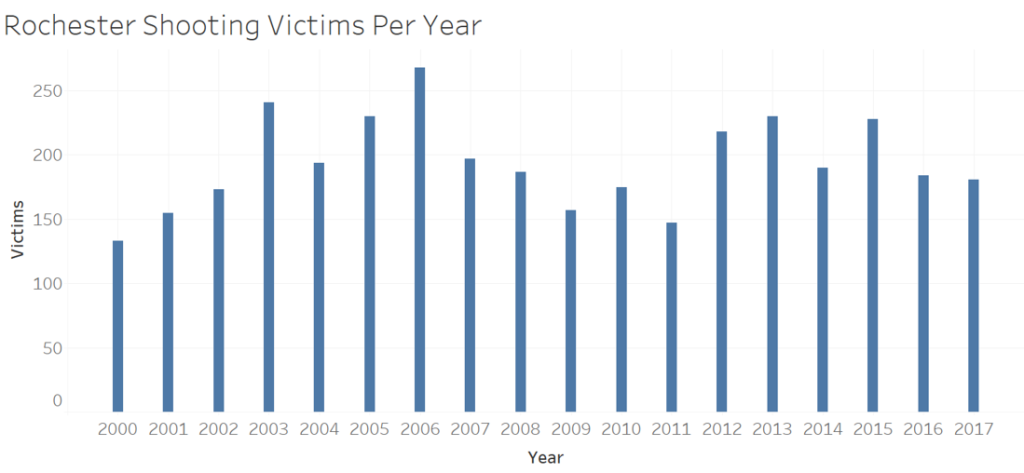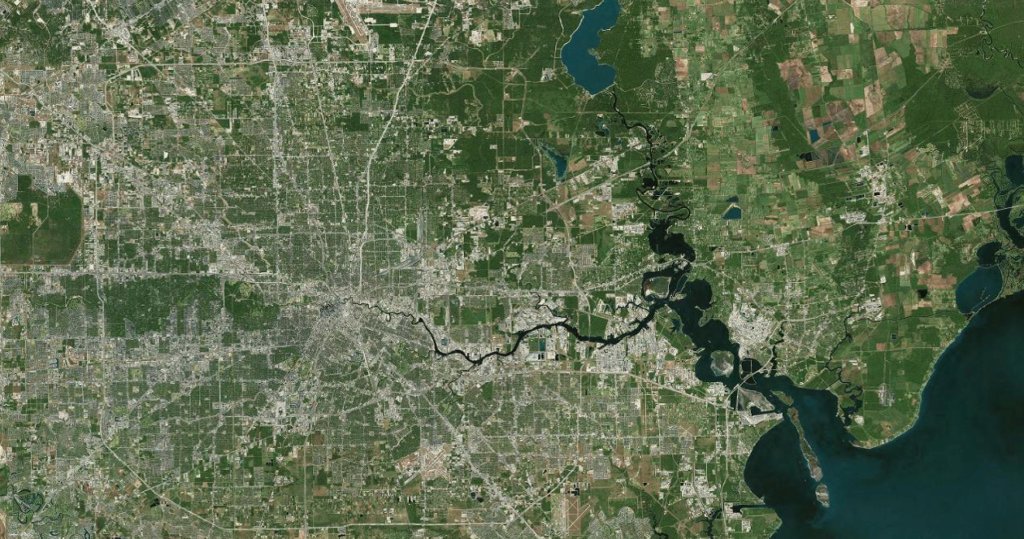Blog
The Police Foundation’s Open Hate Crime Data Challenge
The Police Foundation launched the Hate Crimes Open Data Challenge with a goal of 50 or more PDI agencies participating. It has been just over two months since the initial call for commitments went out and 31 agencies throughout the country have already agreed to release open hate crime data. Congratulations to these agencies…
Assessing Police Use of Force Data
Open police data can encourage joint problem solving, enhanced understanding, and accountability between communities and the law enforcement agencies that serve them. That’s the mission of the Police Foundation‘s Police Data Initiative (PDI) and we’re excited to join the Sunlight Foundation in 2018 to empower communities across the nation and share the importance of releasing open police use…
The Uniqueness of Shooting Data
At the end of 2017, David Bernstein published an article in The Atlantic on shooting data, or rather the lack thereof. Non-fatal shooting data is often difficult to come by because it is generally lumped-in with other types of assault in national data collections. Bernstein notes: “Fatal gun violence is often categorized in ways…
Fighting Hate with Data: Releasing Open Hate and Bias Crime Data
As the movement for law enforcement agencies to release open data grows, one category is growing with it: open data on hate and bias crimes. Hate crimes are criminal offenses that are motivated to some extent by the offender’s bias. Unlike traditional criminal offenses that victimize individuals, hate crimes victimize entire groups and are highly…
Extreme Times Call for Extreme Data
The recently concluded 2017 hurricane season was one of the most devastating seasons in US history. As such, in early November the Police Data Initiative hosted a webinar entitled “Open Data for Disaster Recovery: Extreme Times Call for Extreme Data.” Featuring PDI co-founder Denice Ross, currently a Public Interest Tech Fellow at the New America…
Using Calls For Service Data To Reduce False Burglar Alarms (And More)
Open police data is often at its best when it is big, messy, and gives an unfiltered view into the complexities of policing, which is why Calls for Service data can be so wonderful. Calls for Service data reflect incidents captured in an agency’s Computer-Aided Dispatch (CAD) system. Each row represents one incident that…






